Embracing Inclusive Design
Transforming Commercial Spaces with Solatube Tubular Daylighting Devices
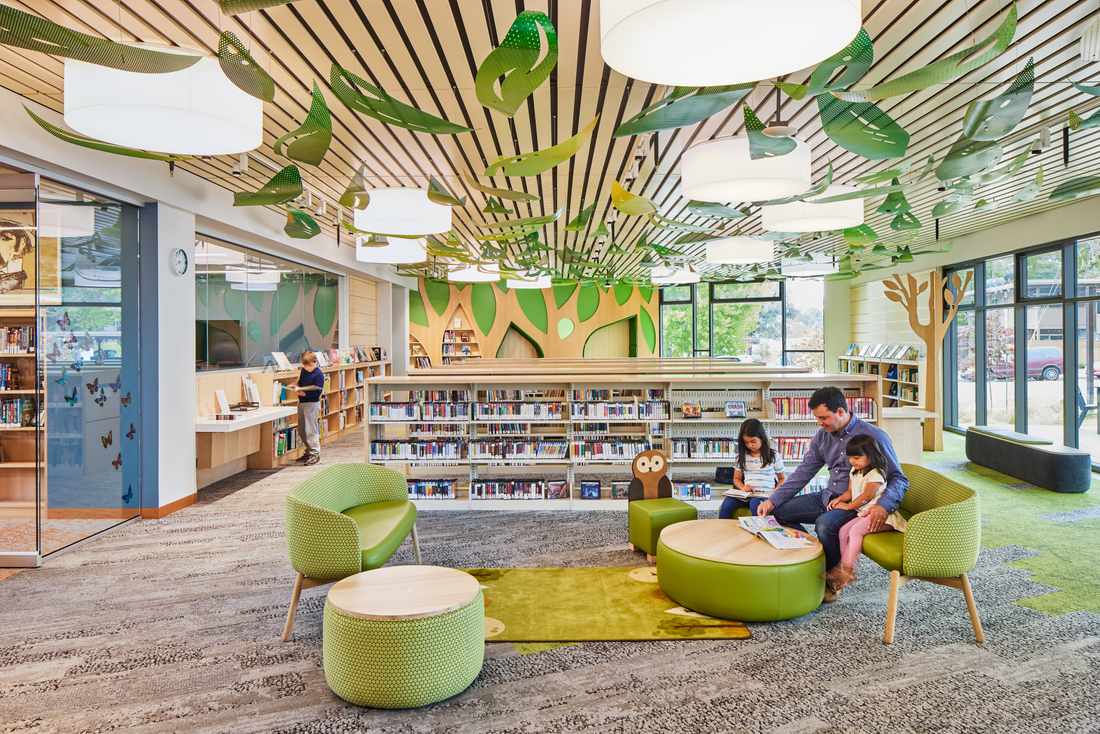
In today’s evolving world, inclusive design is more crucial than ever. At Solatube International, we are at the forefront of integrating these principles into our daylighting solutions, assisting in crafting commercial spaces that are not only energy-efficient but also welcoming and accessible to all. Continue reading to discover how our daylighting solutions embody inclusive design principles and make a significant impact on the built environment.
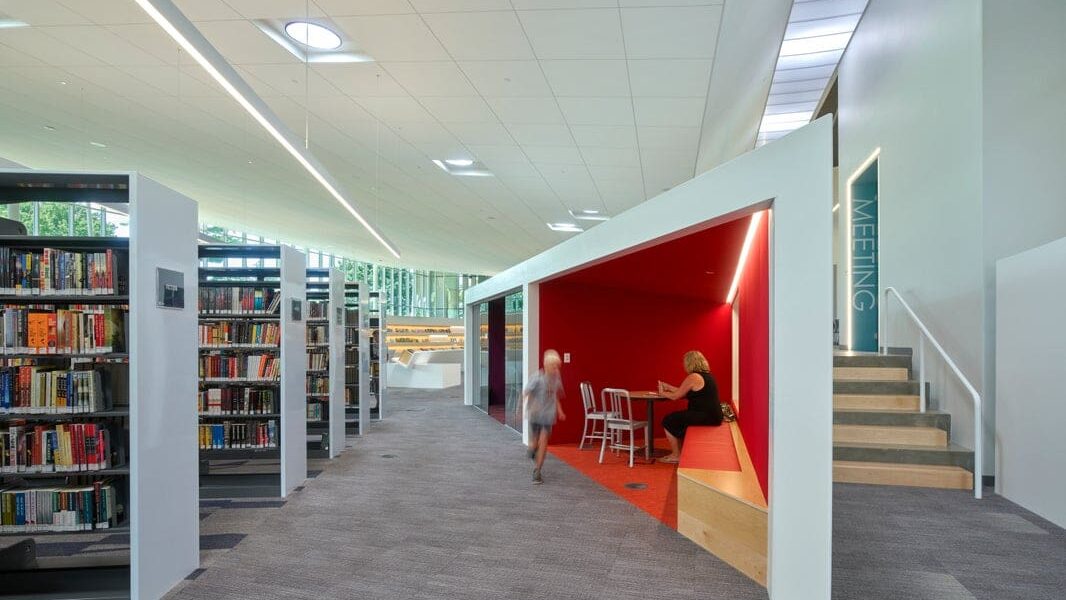
What is Inclusive Design?
Inclusive design principles focus on accommodating a diverse range of human needs and abilities. Rather than adopting a one-size-fits-all approach, it embraces diversity by creating environments and products that are usable by as many people as possible. This approach involves recognizing and addressing individual differences in age, ability and culture to ensure that everyone can engage with and benefit from a space.
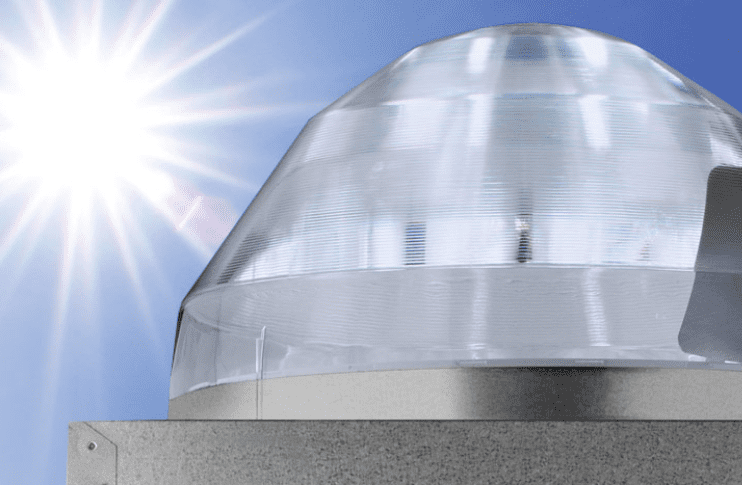
How Solatube Tubular Daylighting Devices Support Inclusivity
At Solatube International, we bring these principles to life through our Tubular Daylighting Devices (TDDs). Our solutions channel natural light into indoor spaces, enhancing visibility and reducing glare, which benefits everyone, including those with visual impairments. Our daylighting systems enhance the overall comfort and accessibility across various environments—whether retail stores, educational institutions, office buildings or manufacturing facilities. The adaptability of our daylighting solutions allows businesses to design spaces that are functional, inviting and considerate of diverse user needs.
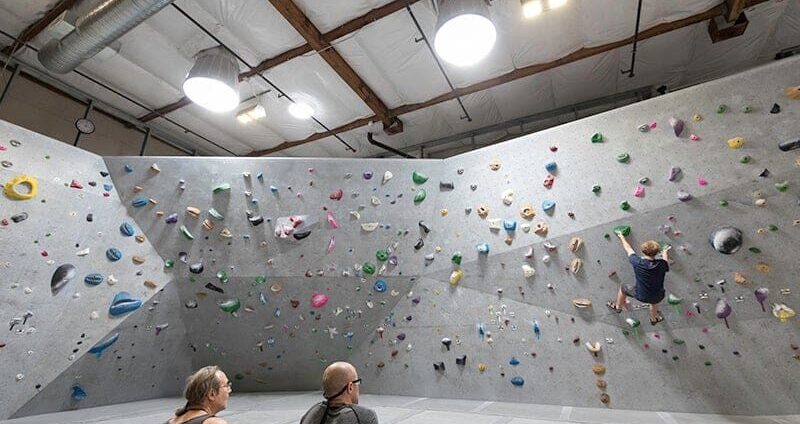
Enhancing Emotional Well-Being Through Daylight
One of the key advantages of our daylighting solutions is their impact on emotional well-being. Research highlights that natural light is essential for enhancing mood, reducing stress and boosting productivity. Given that Americans spend over 90% of their time indoors, recognizing how natural daylight influences mental health is crucial for creating environments that serve everyone effectively.
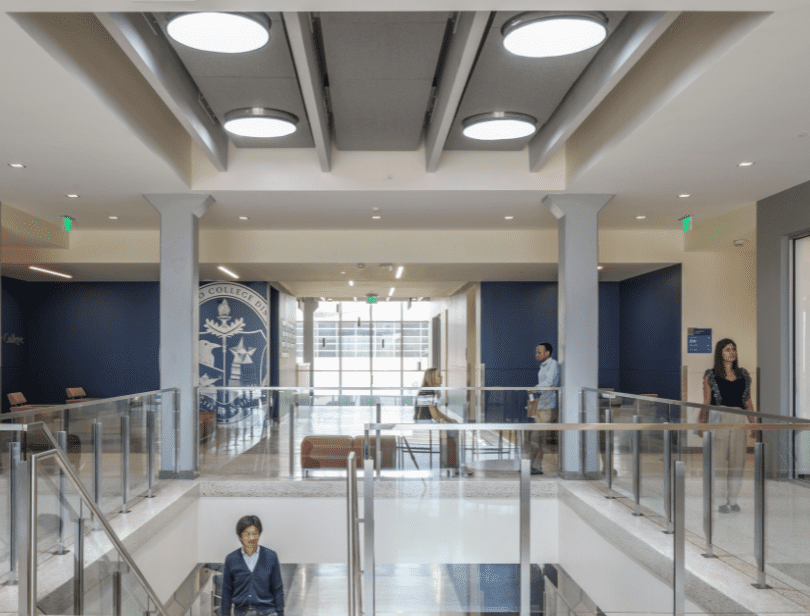
The Science Behind Natural Light and Mental Health
Sunlight, often underestimated, plays a crucial role in regulating melatonin production. Our bodies rely on natural light cues to regulate essential functions, with blue light playing a key role in this process. Blue light, particularly within the wavelength range of 460-480 nanometers, is especially important in controlling the production of melatonin, a hormone that governs sleep and wakefulness.
Additionally, the discovery of intrinsically photosensitive retinal ganglion cells (ipRGCs) has prompted efforts to incorporate natural daylight into building designs, aligning with inclusive design principles. This integration aims to enhance health outcomes and cognitive performance by controlling light quality and timing to create healthier environments that cater to diverse needs.
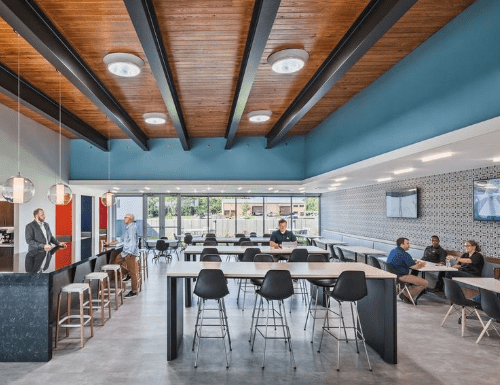
Mood Enhancement and Reduced Depression
Anyone who has spent time in a poorly lit room without natural light knows how draining it can be. We instinctively benefit from exposure to daylight and often crave it when it’s lacking. This is because daylight plays a crucial role in the synthesis of serotonin, a neurotransmitter linked to feelings of happiness and well-being.
Studies consistently show that people with adequate exposure to natural daylight are less likely to experience depression and anxiety compared to those who are mostly exposed to artificial lighting. However, it’s important to avoid overloading a space with too much daylight. Excessive sunlight can lead to disruptive glare and uncomfortably high temperatures.
To create the most beneficial environment, daylighting solutions such as Solatube TDDs should be utilized thoughtfully. Properly implemented, these solutions help businesses provide healthier, more positive spaces that enhance the well-being of everyone who interacts with them.
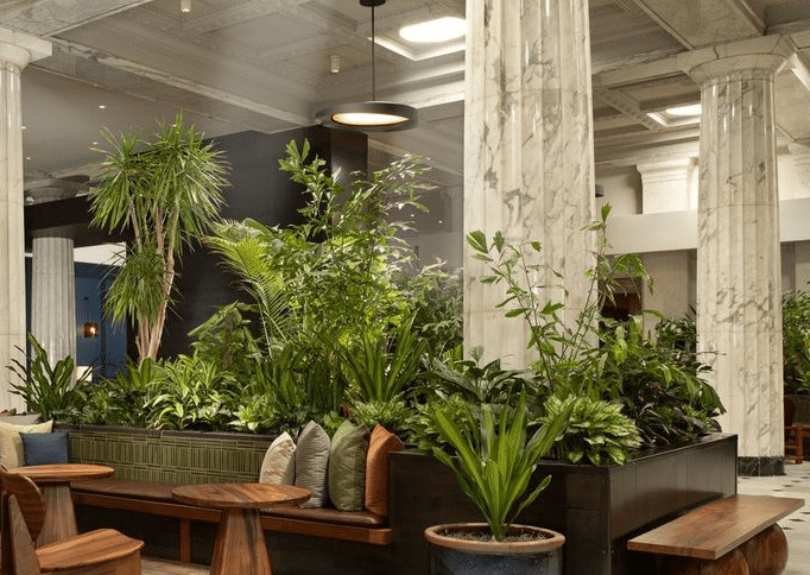
The Connection Between Sustainability and Inclusive Design
Sustainability is another core principle of inclusive design, integral to creating spaces that serve both people and the planet. Effective daylighting design significantly reduces reliance on artificial lighting, leading to lower energy consumption and supporting global efforts to combat climate change.
The impacts of climate change are increasingly severe and multifaceted. Extreme weather events, wildfires and flooding are becoming more frequent and intense, resulting in substantial suffering for people, wildlife and ecosystems. These events strain health systems, infrastructure and communities, underscoring the need for resilient design solutions.
Transforming Commercial Spaces
Solatube TDDs have been utilized by design professionals for years, transforming a variety of commercial spaces.
- In retail environments, they enhance the shopping experience by providing natural light that highlights products and creates a more inviting atmosphere.
- For educational institutions, our systems support an optimal learning environment by reducing eye strain and fostering a stimulating space for students and staff.
- In office and manufacturing settings, the abundant natural light from our systems boosts productivity and employee satisfaction, making for a more connected and less fatigued workforce.
Our daylighting devices have been shown to improve commercial facilities, allowing businesses to achieve both functional and aesthetic improvements that drive better outcomes across diverse environments.
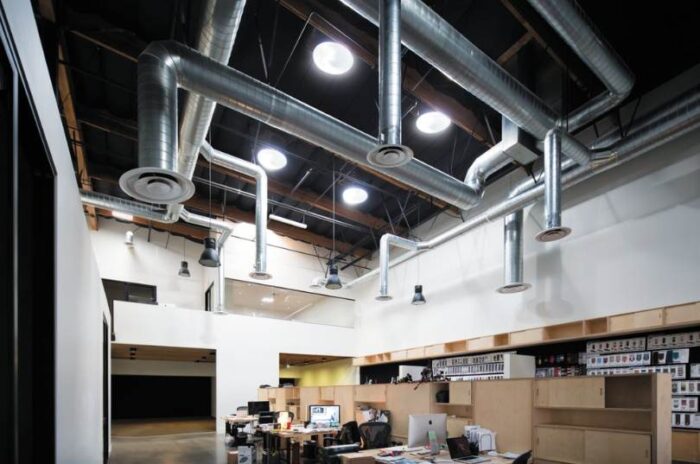
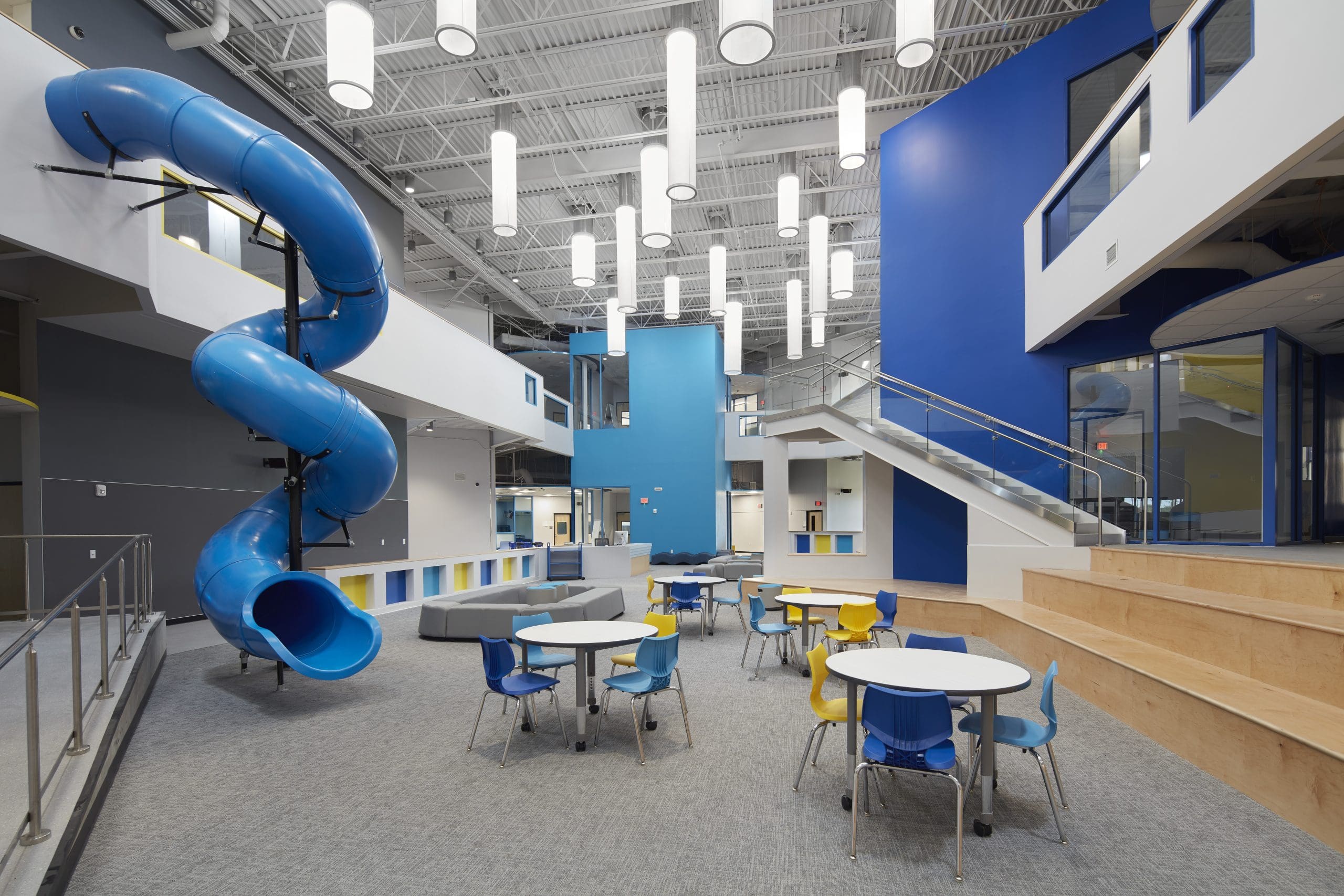
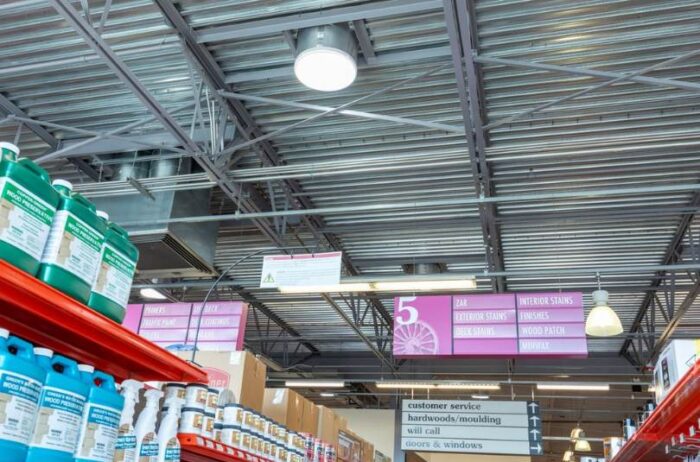
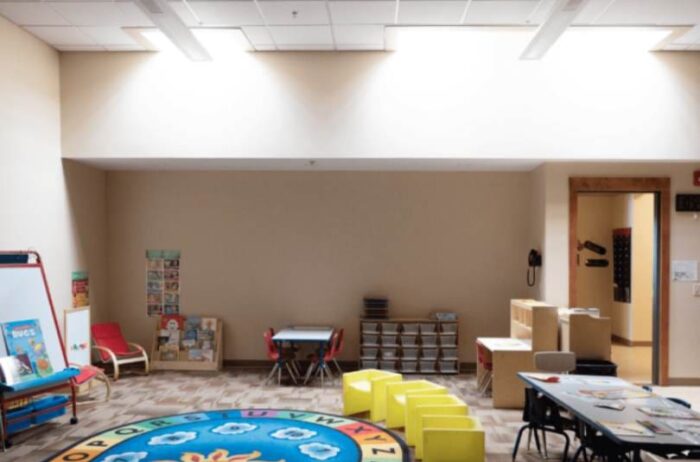
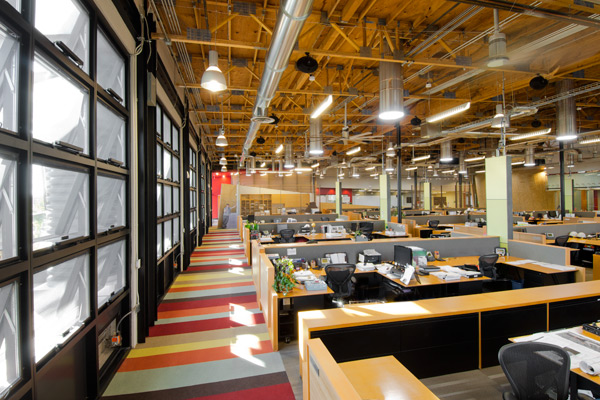
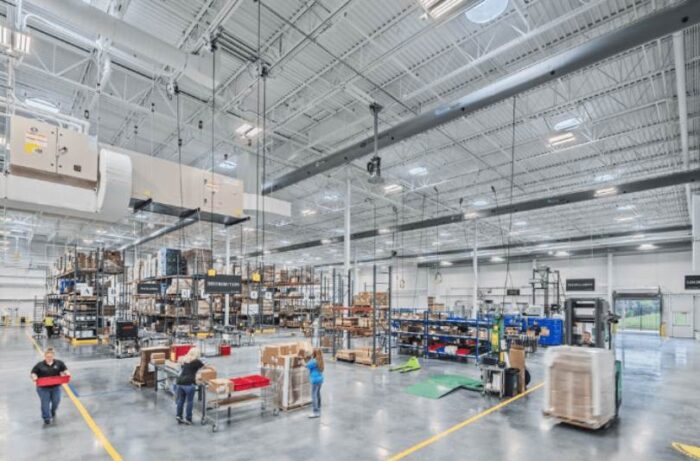
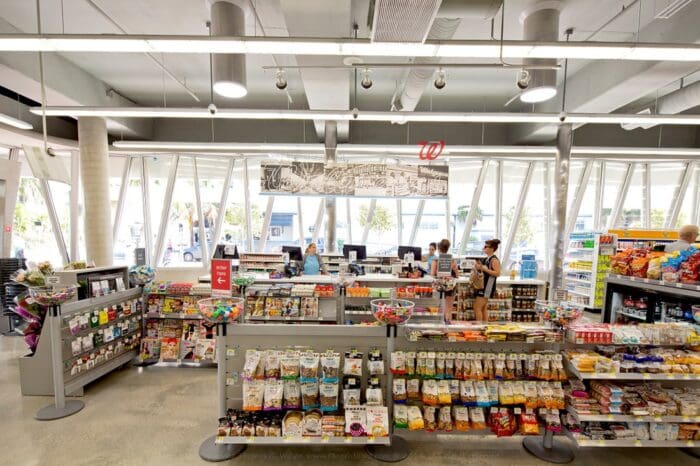
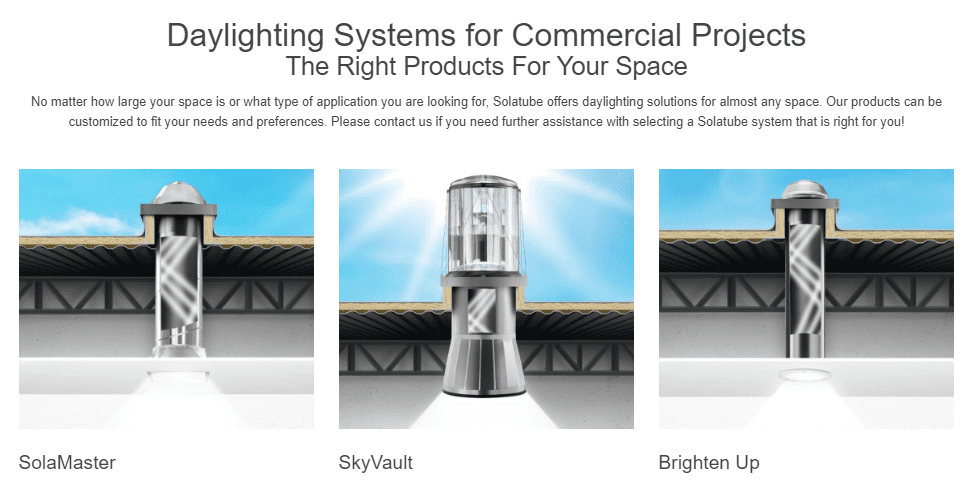
Our Commitment to Inclusive Design
At Solatube International, we are dedicated to enhancing accessibility, supporting diverse needs and promoting sustainability in commercial spaces through our commitment to inclusive design principles. As the building industry increasingly prioritizes these principles, we remain focused on developing daylighting solutions that meet these evolving needs. We strive to advance inclusive design, creating spaces that are both functional and welcoming for everyone.
Are you interested in discovering how Solatube Tubular Daylighting Devices (TDDs) can help you achieve your inclusivity design goals?
Set up a free consultation with our team of daylighting experts by calling 888.SOLATUBE or visit Solatube.com/commercial to find your local distributor.
